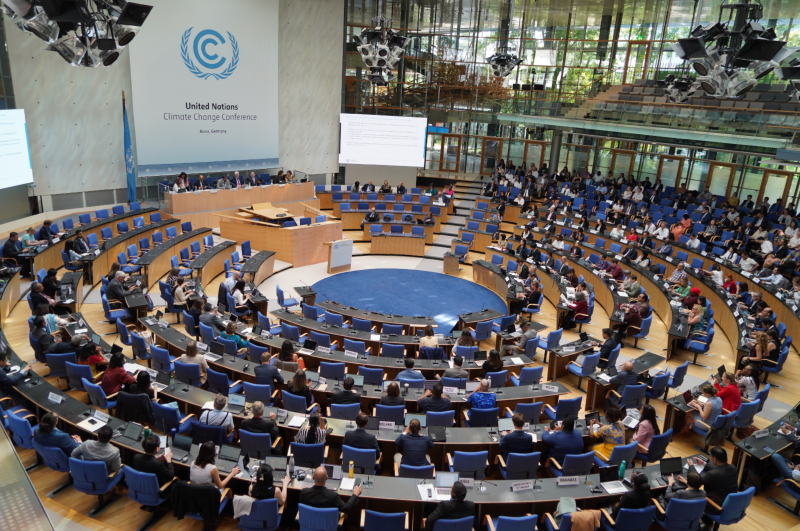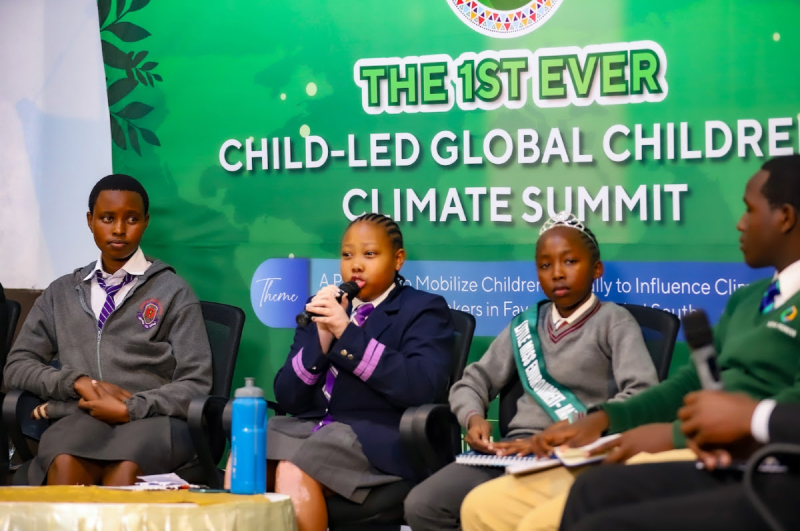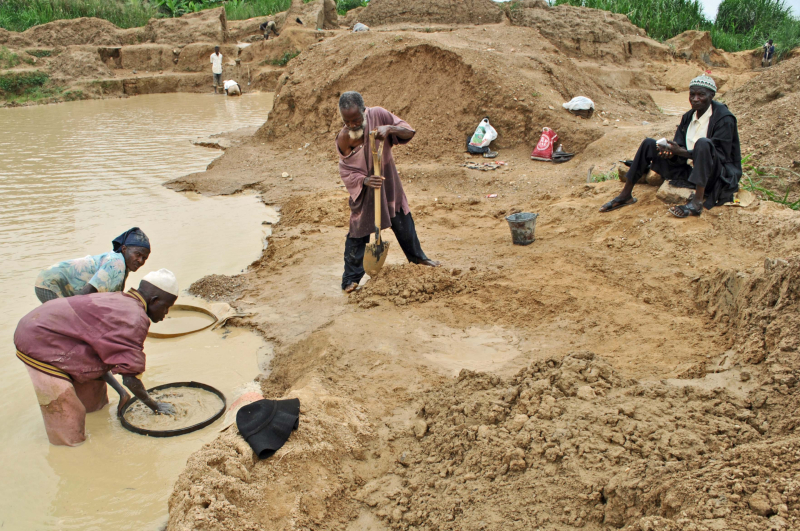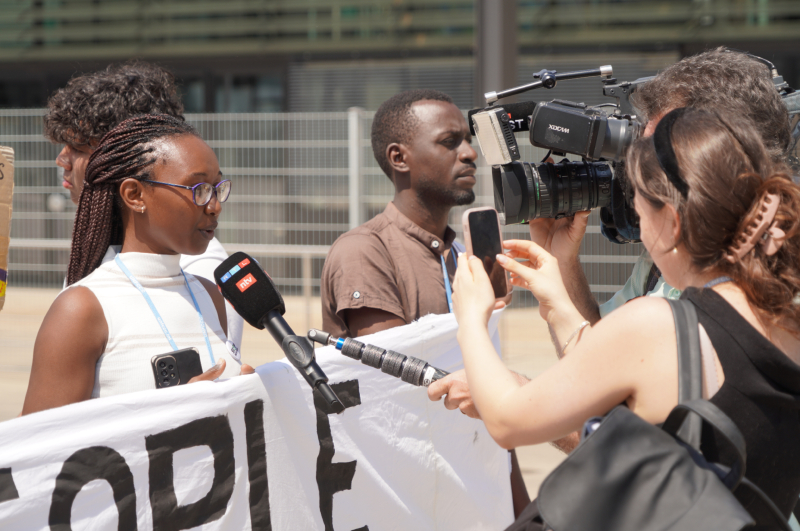

The 58th meeting of the subsidiary bodies (SB58) of the UN Framework Convention on Climate Change (UNFCCC) held from 5th to 15th June in Bonn, Germany, was a pivotal convening that built on the mandates that emerged last year at COP 27.
The SB58 had an all-time high number of registrations with close to 8000 participants and hosted a huge number of mandated events and discussions, which underscored the urgent need for action on the ongoing global climate crisis.
The conference provided an excellent opportunity for the Jesuits in Africa to highlight the crucial role of the agriculture sector in both contributing to and being impacted by climate change, through sharing views and engaging at the informal consultations as well as hosting a side event with agriculture negotiators and representatives of faith-based civil society.
In working on all these very high-level engagements, during the SB58 meeting in Bonn, our attention was also sharply focused on championing the necessity for local, climate-resilient agricultural practices to be recognized and promoted within the global climate discourse. We strived to articulate the concerns, needs, and potential of African farmers on the international platform. This objective underscores our mission to bridge the gap between local agricultural realities and high-level policy-making processes.
It is imperative to underscore our strategic commitment to working directly with local farmers - the stewards of our lands, whose practices hold an enormous potential in mitigating climate change impacts and enhancing food security. This has been made possible by the unwavering support of our generous donors. Their contributions have bolstered our capacity-building initiatives amongst small-scale producers across Africa, fostering resilience, innovation, and sustainability at the grassroots level.
Hits and Misses: No Agreement on Food
The Sharm el-Sheikh joint work on implementation of climate action on agriculture and food security was a key decision adopted at COP 27 to address food systems in a more holistic and integrated manner. At the beginning of negotiations in Bonn, we noticed a significant advancement in the conversations surrounding workshop topics such as inclusion of fisheries as well as agroecology, which are important aspects of climate action that have thus far been left out of UNFCCC work on food security.
However, the negotiators failed to agree on some of the crucial agenda items in the ‘Sharm El Sheikh Joint Work Implementation Plan’ including implementation of the outcomes of the
Koronivia Joint Work on Agriculture, agreement on a clear roadmap before COP28, views on workshop topics, and the operationalization of the online portal for sharing information submitted by Parties and observer organizations on projects, initiatives and policies. As the Bonn meeting closed, Parties backed away from earlier progress and refused to agree, even tentatively, on a single word of text they would forward to COP28 in Dubai. After overtime negotiations, food and agriculture were left right back where they started.
We hoped that Parties would show the willingness to focus on concrete implementation and a much-needed expansion of scope in their work on food security, but coordination and procedural issues proved too divisive for them to move forward.
Moving Forward: The Road to Dubai
It is essential to continue building on the progress made in Bonn and amplify the voices of climate-impacted communities in Africa in the process. In collaboration with other partners in civil society, the Jesuits in Africa will continue to push for more sustainable and equitable food systems that can help address climate change challenges related to agriculture and food security. That includes the promotion of agroecological practices and aquatic foods, financing sustainable food systems transformation, and the inclusion of Indigenous communities, small-scale food producers, and rural women in the negotiations.
In practice and in light of the outcomes from the Bonn meeting, we remain committed to bringing the voices and experiences of African farmers to the forefront of climate discussions. As we look towards COP 28 and the Africa Climate Week, we aim to strengthen our work with local farmers, indigenous communities, and rural women, to fortify their resilience and enhance their capacity to adapt to and mitigate climate change. The consistent support from our donors remains pivotal in this endeavor.
Conclusion
As we wait for COP 28, focus turns to the Africa Climate Week (ACW) that will take place in September, in Nairobi. This opportunity will not only discuss climate solutions, but also position African leaders in the global response to climate change. We affirm our commitment to spotlighting Africa's potential in providing climate solutions and fighting for climate justice across the world.
Therefore, in conclusion, as we reflect on the outcomes of the Bonn meeting and look to the future, the role of local farmers in climate action remains a central theme in our work. Their knowledge, skills, and practices, when adequately supported and recognized, can significantly contribute to addressing the climate crisis. Our donors' continued support in championing these local initiatives is greatly appreciated and makes a meaningful difference in realizing our shared goals of a sustainable, equitable, and climate-resilient food system.
Photos source: UN Climate Change
Related Articles
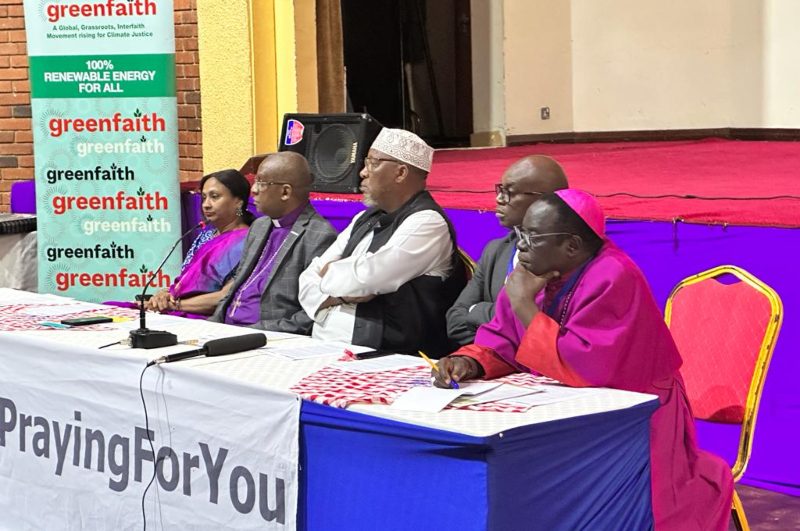
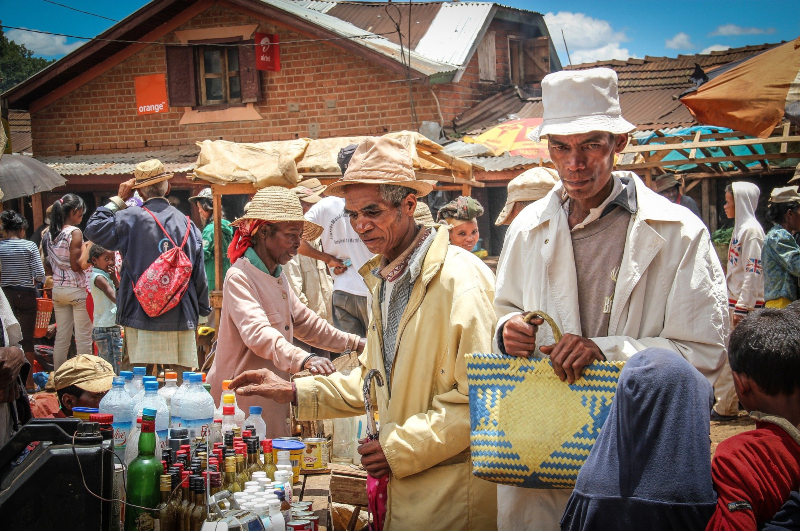
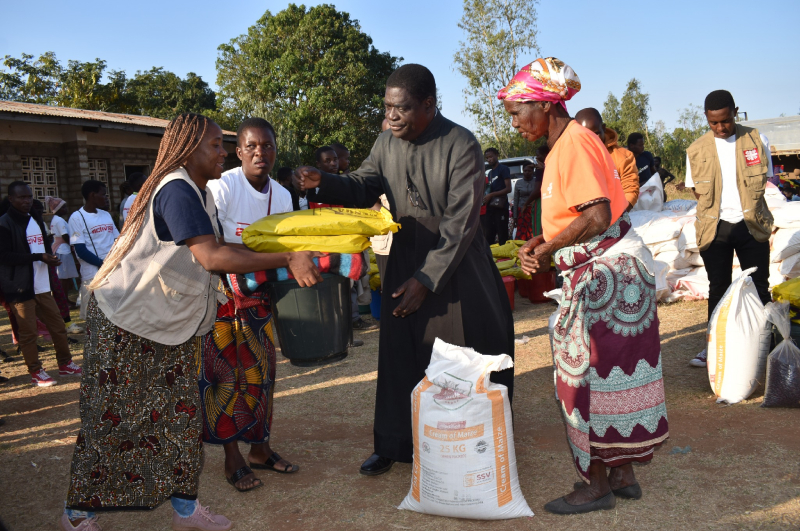
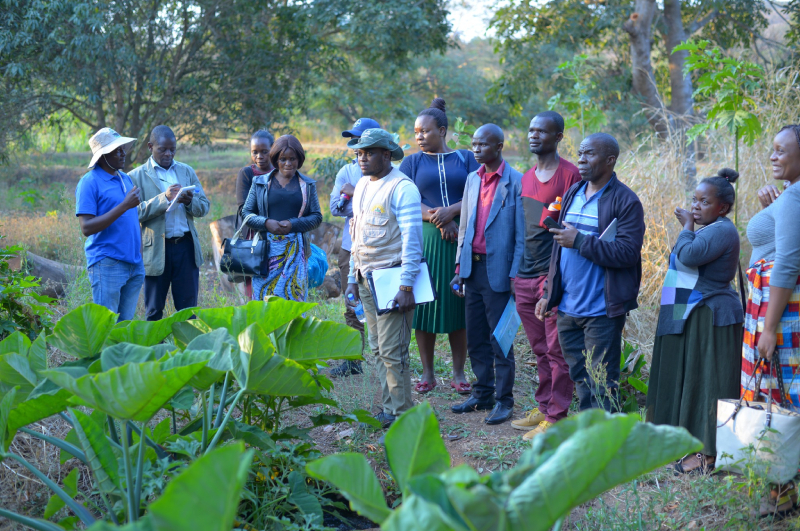
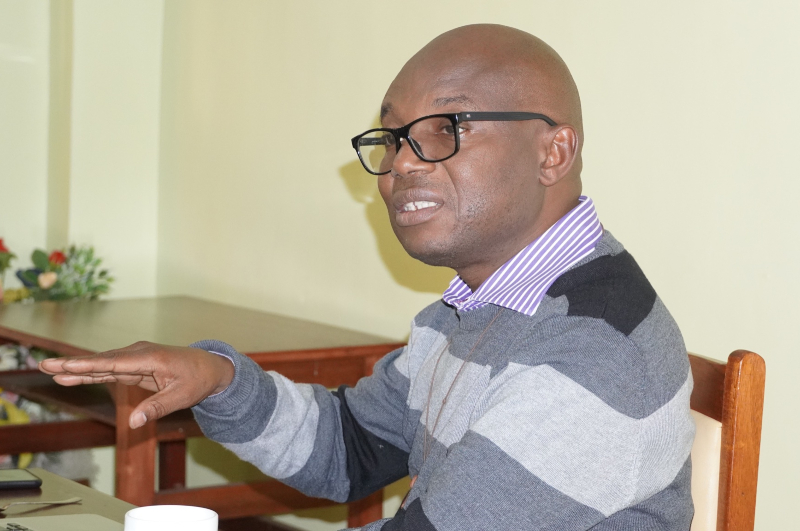
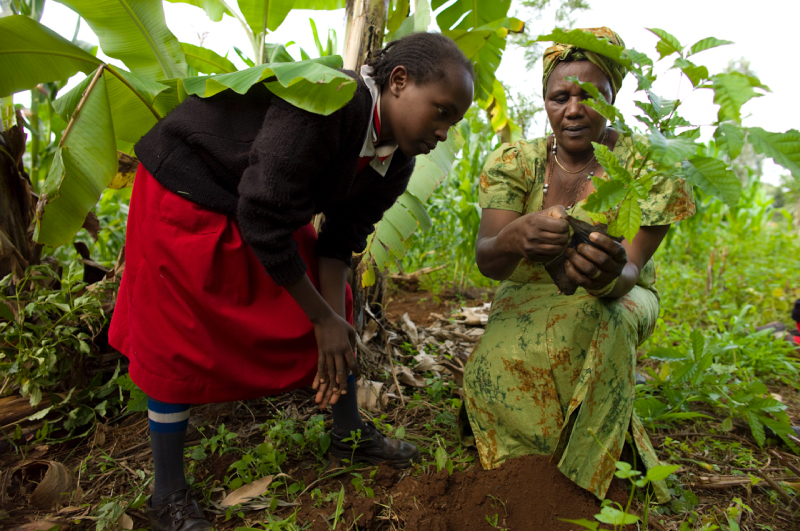
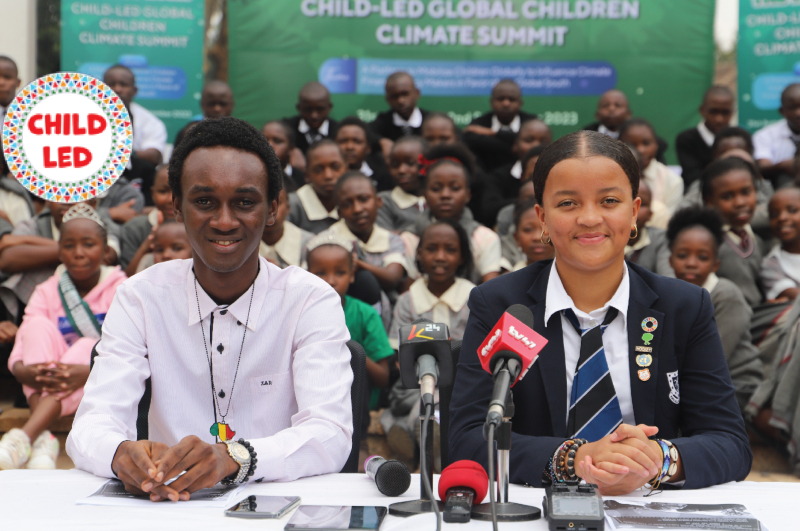
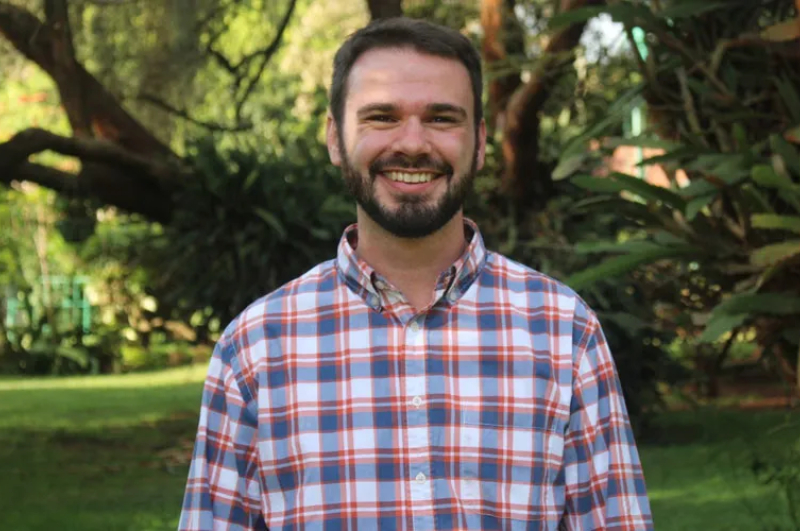
Select Payment Method
Pay by bank transfer
If you wish to make a donation by direct bank transfer please contact Fr Paul Hamill SJ treasurer@jesuits.africa. Fr Paul will get in touch with you about the best method of transfer for you and share account details with you. Donations can be one-off gifts or of any frequency; for example, you might wish to become a regular monthly donor of small amounts; that sort of reliable income can allow for very welcome forward planning in the development of the Society’s works in Africa and Madagascar.
Often it is easier to send a donation to an office within your own country and Fr Paul can advise on how that might be done. In some countries this kind of giving can also be recognised for tax relief and the necessary receipts will be issued.


